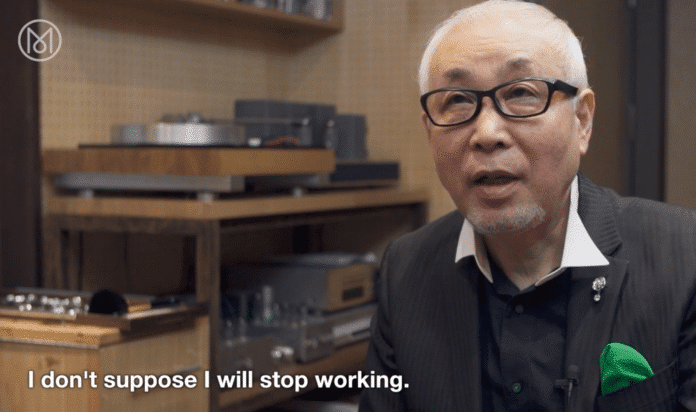The majority of Americans dream of retiring and retiring early. But thousands of miles across the globe, much of Japan’s elderly opts to remain hard at work in their 70s, 80s and beyond.
A 2015 video from Monocle spotlighted how for many of Japan’s elderly, working isn’t just a means to stay busy, but a source of motivation, health, and happiness. Four elderly Japanese are featured in the video: a 71-year-old barber, a 100-year-old café owner, an 82-year-old running a bookshop that’s been in her husband’s family since it opened in 1891, and an 87-year-old barrel maker.
Japan’s population is not aging as expected
It may be easier to picture relaxing at that stage in life, free from the demands of any job. But it turns out working for longer may be beneficial to our health. A 2017 New York Times article says that while scientific research is inconclusive, it seems to suggest that people who find their work fulfilling appear to reap health benefits by working later in life.
Related: 60’s-70’s Japanese Instrumental Cinema Funk Breaks and Beats
It’s certainly something each of the four elderly Japanese featured by Monocle seemed to enjoy.
The barber, who opened his shop at 61 years old, has since expanded to five branches. He doesn’t think he’ll stop working and looks forward to developing decades-long relationships with his customers.
The café owner credits working for keeping him fit, enjoys chatting with customers, and has passed his knowledge down to his nephew and other café employees.
For the 82-year-old woman running the bookshop (which has been in her husband’s family since it opened in 1891) maintaining the business’ legacy is important.
And for the 87-year-old barrel maker, who even without the same physical strength he had in his younger years, he’s an integral part of the business: he teaches others how to make and repair the barrels that hold the whisky the company makes.
It appears from these individuals that working a longer working life can be beneficial both to the elderly and to younger generations who can learn from them.
Related: The Science and Business of Aging Well
Japan’s population is set to shrink by one-third by 2060 and the elderly constitute 40 percent of the country’s population. A similar trend is anticipated in the United States, albeit not as sharp: by 2035, our 65-and-older population is expected to surpass the number of those 18-and-under – 78 million versus 76.4 million, according to the AARP. And as we grow, the number of us working is expected to do the same.
So it’s a good thing there are advantages to working for longer. We can certainly learn a thing or two from the way Japan’s elderly approach working later in life.
Click the here to watch video on Japan’s population via Monocle. To read The New York Times article, click here.



